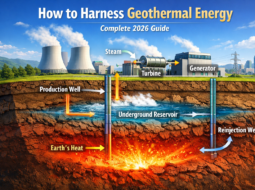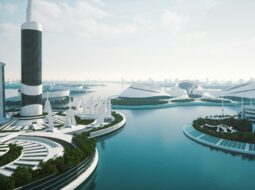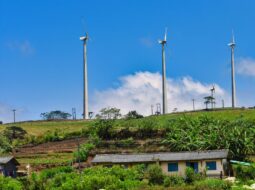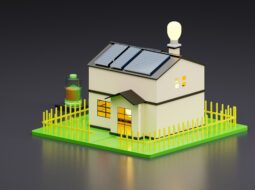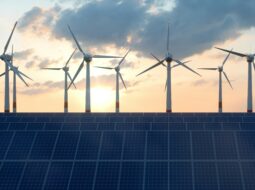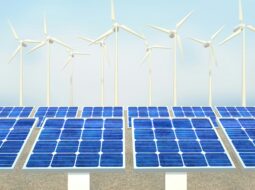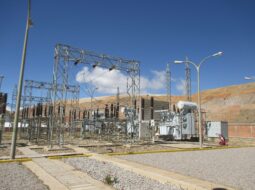How to Harness Geothermal Energy (Complete 2026 Guide)
Clean power no longer belongs to the future. It powers homes, offices, and entire cities right now. If you want steady, low-carbon energy that does not depend on sunshine or wind, you need to understand how to harness geothermal energy. This guide explains how to harness geothermal energy in clear steps, from the science beneath […]
Read More
